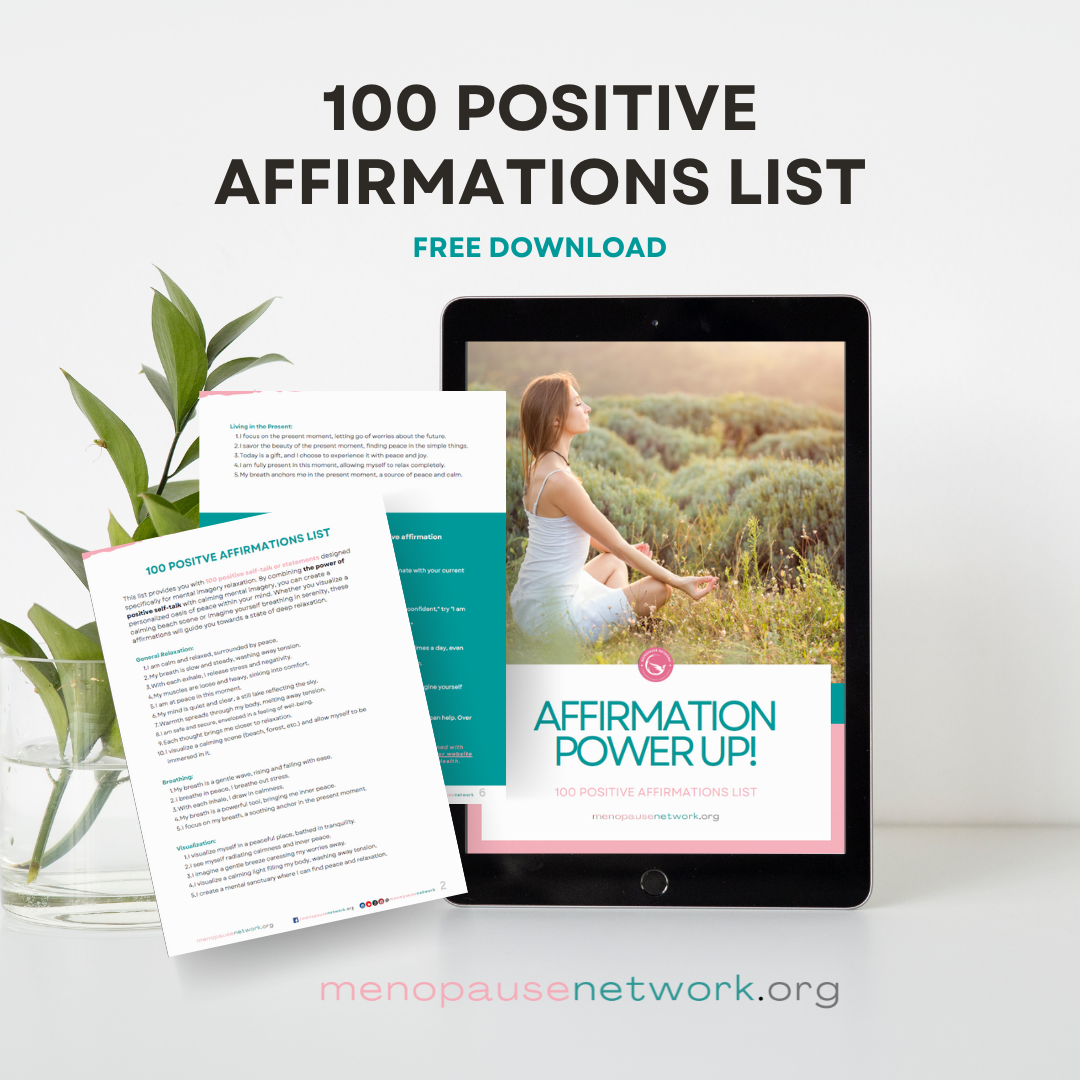Breathe, Breathe, Repeat: Relaxation Techniques to Slay Menopause Stress
Menopause can feel like a rollercoaster, and stress can make the ride even bumpier. When you’re dealing with hot flashes, mood swings, and other symptoms, the last thing you need is more stress piling on. That’s why it’s crucial to learn how to kick back and relax.
Stress not only makes the stages of menopause harder but can also trigger or worsen symptoms like night sweats and irritability. Relaxation isn’t just a luxury; it’s a necessity. Finding ways to chill out can make a huge difference in how you feel day-to-day. Plus, it helps your body and mind stay in sync.
In this blog, I’ll share a bunch of relaxation tips perfect for navigating menopause. From breathing exercises to visualizations, these techniques are designed to help you unwind and find a little peace amidst the chaos.
(Note: This blog also speaks to women in the stage of perimenopause or post-menopause)
Breathing Exercises for Relaxation
Rhythmic Breathing
If you find yourself breathing quickly, slow down by taking long, slow breaths. Inhale deeply while counting to five, and then exhale slowly, counting to five again. As you exhale, focus on the natural relaxation your body experiences.
Deep Breathing
Visualize a spot just below your navel and breathe into it, allowing your abdomen to expand with air. Then, exhale slowly as if deflating a balloon. With each exhalation, you should feel more relaxed. Listen to this deep breathing meditation.
Visualized Breathing
Combine slow breathing with imagination. Close your eyes and picture relaxation entering your body as you inhale and tension leaving your body as you exhale. Visualize your breath coming through your nostrils, filling your lungs, and expanding your chest and abdomen. With each inhalation, imagine breathing in more relaxation, and with each exhalation, imagine releasing tension.
Progressive Muscle Relaxation
Shift your thoughts inward and focus on your breathing. Take a few deep breaths, exhaling slowly. Scan your body for areas that feel tense and consciously loosen them. Roll your head and shoulders gently to release tension. Recall a pleasant thought for a few seconds, take another deep breath, and exhale slowly.
Relaxing with Music
Enhance your relaxation exercises by playing your favorite soothing music. You can also try specially designed relaxation audio that combine music and relaxation instructions.
Mental Imagery Relaxation
Mental imagery relaxation, also known as guided imagery, is a relaxation technique that involves using your imagination to create calming and peaceful images or scenarios in your mind. The idea is to transport yourself mentally to a serene place, helping you relax and unwind. This technique can be highly effective in reducing stress, managing anxiety, and promoting overall well-being.
When using this technique, pay attention to your self-talk and counteract negative thoughts with positive affirmations such as “I am healthy, vital, and strong” or “Every day, in every way, I am getting stronger.”
Takeaway
Life throws you some curveballs, and menopause is definitely one of them. By chilling out with techniques like these, you can tame that stress monster and find your zen zone. Breathing exercises, relaxing music, muscle relaxation and guided imagery – these are just a few tricks in your menopause toolbox. Doing some of this stuff every day can help you sleep better, feel calmer, and basically be a total menopause ninja. Remember, taking care of yourself is key, so don’t be afraid to experiment and find what relaxation thingamajig works best for you.



